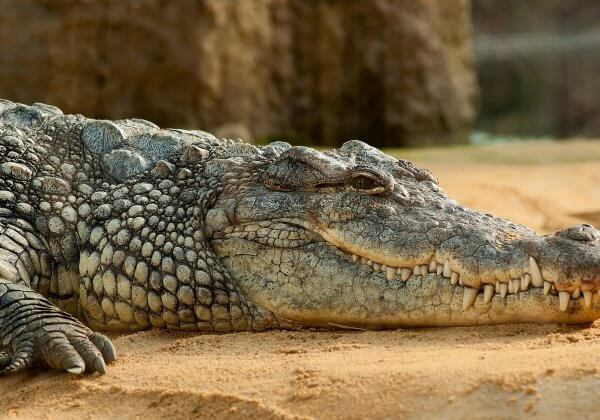PETA US and H&M Partner for Vegan Fashion Collection
Leather made from grapes. Down made from flowers. The future of fashion is here, and it can be yours! H&M, one of the largest global retailers, has partnered with PETA entities to create and launch a vegan fashion collection called “Co-Exist Story”. This new, sustainable collection of fashion-forward womenswear, menswear, and kidswear is made with innovative, animal-free materials.
Every piece in Co-Exist Story carries the “PETA-Approved Vegan” label, so shoppers can be sure that these products are completely kind to animals, which means they don’t use animals’ skin, fur, hair, or anything else. The collection is a celebration of the harmonious coexistence of humans and other animals on this planet.

The Co-Exist Story collection will be available from HM.com and in select stores from 4 November. Local launches may vary.
Which Animal-Friendly Materials Are Featured in H&M and PETA’s Collection?
You probably love flowers and wine, but have you ever worn them? PETA is always looking for new animal-friendly materials that are also better for the planet. That’s why we’re thrilled that this partnership with H&M features visionary vegan fabrics from the brand’s Innovation Stories initiative, which aims to find the best new fabrics for the future. These materials are as functional as they are fashionable.
FLWRDWN – Pluck Flowers, Not Feathers
This vegan down alternative is a cellulosic material made from natural wildflowers. It has a high fill power, so it’ll keep you warm and cosy without torturing ducks and geese. In the Co-Exist Story, it’s used in puffer shoes and jackets, padded trousers, and reversible quilted shoulder bags.
VEGEA – Grape Skins, Not Animals’ Skin
VEGEA is an innovative vegan material made partly from the skins, stalks, and seeds of grapes discarded during winemaking. The embossed vest and trousers from the Co-Exist Story collection are made from this material, so you can wear them proudly knowing that you’re stylish and kind to animals.
ECONYL – New Knits From Old Nylon
ECONYL is a regenerated fibre created from discarded nylon that would otherwise pollute the Earth, like fishing nets and fabric scraps. Not only does this material help reduce waste, it’s also better when it comes to the environment, with a climate change impact up to 90% lower than creating new nylon. In the Co-Exist Story collection, you can find ECONYL in cosy oversize knits.

What Does H&M and PETA’s New Fashion Line Mean for Animals?
Geese are loyal mates for life, cows make steadfast friends, and sheep are playful and affectionate – they are not jackets, shoes, or jumpers. By choosing animal-friendly materials, H&M is setting a new standard in the industry and showing that compassionate fashion is the way forward. Innovative materials like FLWRDWN, VEGEA, and ECONYL make it easy for consumers to curate an animal-friendly wardrobe and coexist with all other sentient beings on the planet.
What Does the Co-Exist Story Collection Mean for the Planet?
H&M’s Innovation Stories initiative is all about finding new fabrics that push the fashion industry towards sustainability. While FLWRDWN makes use of natural wildflowers, VEGEA and ECONYL are creative examples showing that high-quality, gorgeous materials can be made with waste from other industries. An eco-friendly future is a vegan one, since industries that exploit animals are massive contributors to greenhouse-gas emissions and groundwater pollution. Coexisting means making sure that there’s a bright future for all animals on our planet by keeping habitats safe and managing resources responsibly.

The Co-Exist Story and Hillside Animal Sanctuary
The Co-Exist Story was photographed at Hillside Animal Sanctuary with oversight by PETA UK to show how humans can respectfully coexist with other animals. This is the UK’s largest sanctuary for animals rescued from farms.







